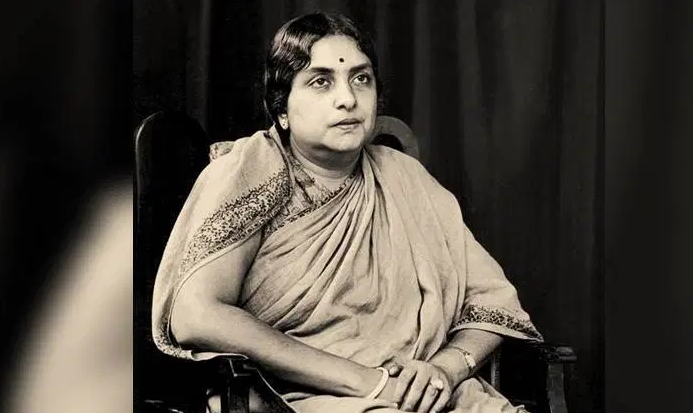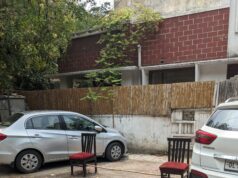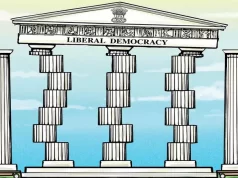Kamaladevi Chattopadhyay epitomized modern Indian women by championing their very cause. Kamala Devi was a pioneer in all senses – a freedom fighter, an entrepreneur, a reformer, a feminist.
Her life was enveloped by tragedy. She was a victim of the worst kind of traditional practices. Being widowed in her early years, the death of her father, the ill-treatment of her mother followed by the death of her sister. But none of these events stopped her from pursuing the larger cause.
Her formative years coincided with the development of the Indian National movement. Public figures such as Gokhale, Anne Beasant, Ranade were common in her everyday life and provided political inspiration. Art and theatre also played a major role in her life. She used theatre as a medium to promote social issues and as a catalyst for transformation leaving legendary marks in the field. Among other institutions that Kamaladevi helped create and nurture were the Sangeet Natak Akademi and the India International Centre; which are successful institutions even today.
Dr Annie Besant and Mahatma Gandhi were significant influences in her life. It was Dr Besant’s oratorical style that she admired and absorbed and coupled with her theatrical talents. The 1930 Civil Disobedience Movement was her first encounter with Gandhi. She convinced Gandhi to not restrict the march only to men. This was the first public instance portraying her persuasion skills. It brought to light the fact that a strong and fearless woman had entered the Indian political scene.
She took the onus of protection of Indian craft industry on herself. Her involvement with the craft was deep, she travelled the length and breadth of the country safeguarding it. From the 1950s, Kamaladevi turned increasingly to the revival and promotion of India’s rich, varied and endangered craft traditions. She established the All India Handicrafts Board and headed it for twenty years. She formed cooperatives to market the products of craftsmen and to provide them credit and instituted awards to motivate them, this was one of the earliest examples of Self-Help Groups. She urged state governments to cut out middlemen and deal directly with craftsmen, source their products and sell them through their own emporia. That Indian crafts are still alive and, moreover, have a visible national and international presence, is owed more to Kamaladevi Chattopadhyay than to any other individual.
She worked for women and their development. Being a true feminist, hers was the most desirable notion of feminism which is contested even today. According to her, the women’s movement did not seek to make women either fight men or imitate them. It rather seeks to instil in them a consciousness of their own faculties and functions and create a respect for those of the other sex. Her ideologies were based on how women must be recognized as a social and economic factor. It is tragic how tradition puts a lower value on home production and services. This non-pecuniary and non-competitive character has lowered the prestige of women. She also became increasingly involved in the women’s movement, lobbying for better working conditions for women in factories and farms, and for their right to paid maternity leave.
Kamla Devi had brief direct political presence. She stood for the first general elections and lost the race only by 55 votes. However, after India became independent in 1947, she refused to enter formal politics.
Kamaladevi was also an original thinker, whose writings on politics and social reform continue to speak to us today. Kamaladevi Chattopadhyay died in 1988, leaving her imprints on the Indian society. It is however sad that a figure with such indispensable contribution remains lost in the shadows of history. The legacy of bravery, feminism, and co-working she has left continues to inspire the youth of today.
Read more on the Indian Liberal Tradition
Post Disclaimer
The opinions expressed in this essay are those of the authors. They do not purport to reflect the opinions or views of CCS.






